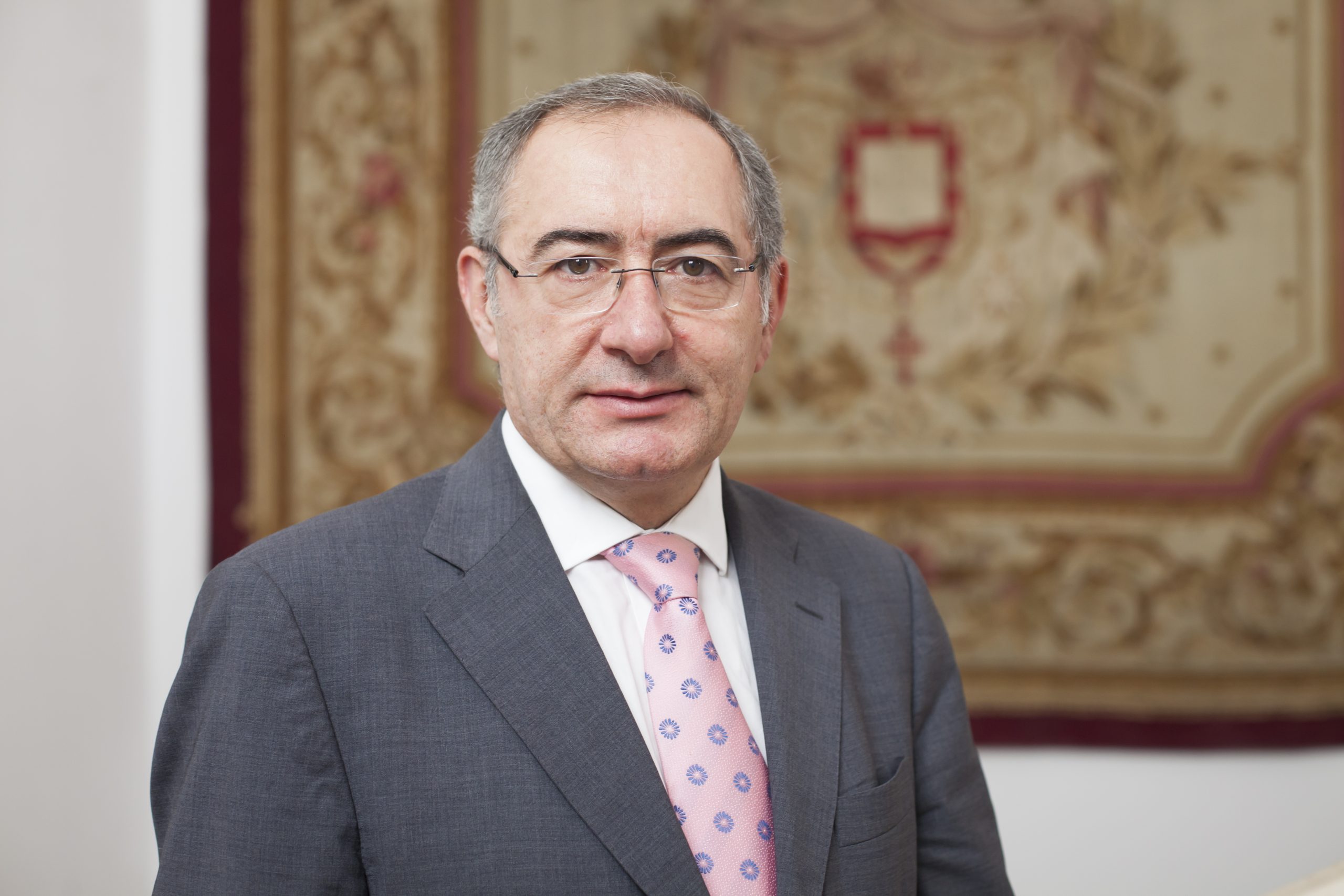Was Racism of Reve intended so ironically?
/s3/static.nrc.nl/images/gn4/stripped/data130245836-4f6a46.jpg)
The great writer Gerard Reve was the favorite of Progressive Netherlands at Life. His existentialist debut novel The evenings Was experienced as a liberation just after the Second World War. In the 1960s he grew into the figurehead of the protest generation because he was in the letter books On the way to the end and Closer to you Undominated and personally wrote about homosexuality, sex, depression and alcoholic.
But Reve (1923-2006) itself was not at all left. From the 1970s he regularly expressed conservative and racist ideas that would now place him in the radical-right corner. His left -wing fans chose to ignore that or to cover it with the cloak of love.
In What staysa podcast about deceased celebrities, Botte Jellema examines this issue, together with journalists and columnists Aleid Truijens, Christiaan Weijts and Nynke de Jong. The podcast is from Omroep Human so they also look at Reve as a humanist – a refreshing perspective. Although the writer was an intolerant Catholic, he was nevertheless included in the humanistic canon of the broadcaster. He owes that to his significance for the emancipation of Gays, for freedom of expression and religion.
Riots
But that racism is in return. The podcast mentions three riots from Reves Oeuvre. In The Language of Love (1972) He argued for the independence of Suriname and the Antilles so that black Dutch people could then be sent back to the « Takki Takki jungle ». On the Night of Poetry 1975 in Kortrijk, he presented the poem ‘for his own yard’: « Throw all that black rig:/ our country for us!/ Op, to the white power! » In an interview with Boudewijn Büch in Het Parool In 1983 he again rough against the immigration of ‘people of overseas’.
At the time, those expressions argued indignation, but it quickly passed again and had no significant influence on the stature of Reve. That was because his progressive admirers did not take them seriously. It was a joke, irony, it was not literally meant, they said. Truijens says in the podcast: « We thought: yes, he doesn’t mean that. Someone who was so wise emotionally could never be racist in such a stupid way. As if only very stupid people can be racist. »
Reve loved bullying, provoking, and he opposed his communist childhood: « He cursed everything that was only a bit left. » He would call discriminatory things to hunt Progressive Netherlands and get publicity in this way. In the case of the Night of Poetry, the latter beat reasonably well: Reve called the press in advance with the ‘news’ that he would nominate a poem « of the extremely right -wing, fascist and racist nature. » The night of poetry was promptly sold out.
But did he not mean what he said? The podcast shows a fight, afterwards in the dressing room, between Reve and the Surinamese lawyer André Haakmat. Otherwise the writer always carefully formulated, with a deep, slow voice, and often ending with a joke. But here you can hear him rage against Surinamese with a high voice, angry and carelessly formulating. Not mentioned in the podcast, but after the controversial interview of 1983, he sent further letters to it Algemeen Dagblad and Het Parool In which he seriously explained his position: migration was a disaster. He thought that black people had fewer capacities than white, that they would therefore always lose of white people, and therefore could live better separately.
« It is great that the left of the Netherlands is clapping for explicit racist stories, » said Büch after his interview with Reve
Symbols
The podcast tries to interpret reves irony. Christiaan Weijts regrets that the handling of irony and the use of symbols nowadays would no longer be understood: « You rob the language of a few registers. » Reve called that « the heresy of literality » and « symbol blindness. » It remains unnamed that Reve irony usually did not use in the narrow sense: the opposite saying of what you mean. Instead, he often foresaw his deepest, most sincere feelings with an airy, witty, protective layer. That way you never knew if he was serious or not.
« It is great that the left of the Netherlands is clapping for explicit racist stories, » said Büch after his interview with Reve. In the episode that Other times In 2003, Various Hate devoted Various connoisseurs to him. How is that possible? Provocation was one of the beloved means of struggle of protest generation. And « allowed to say everything » was one of the goals. She opposed a time when everything was taboo.
In the 1970s and eighties, the Netherlands was a reasonable left and convinced anti -racist – which by no means meant that racism did not occur. Refugees and other migrants, that was the prevailing opinion, you had to approach welcoming. Reves comments fell so far beyond the intellectual order that they were almost automatically not taken seriously. In addition, the tendency of many white Dutch people to rather put racism away than to name it as such. It’s such a heavy term, isn’t it?
Now aversion to migrants, and the resistance against it, belong to the national debate. Reves ‘jokes’ then weigh heavier. The appeal to irony is also no longer so easily swallowed. Weijts makes a connection in the podcast with radical-right politicians and opinion makers who also like to hide behind irony and humor when they are approached for their expressions. What is often said about US President Trump also applies to Reve as motto: you should not take him literally but seriously.

:format(webp)/s3/static.nrc.nl/wp-content/uploads/2025/06/05163439/data133217982-f902a2.jpg)
/s3/static.nrc.nl/wp-content/uploads/2025/06/06205808/web-0606BINspermadonatie.jpg)
/s3/static.nrc.nl/images/gn4/data133317775-d0126f.jpg)



